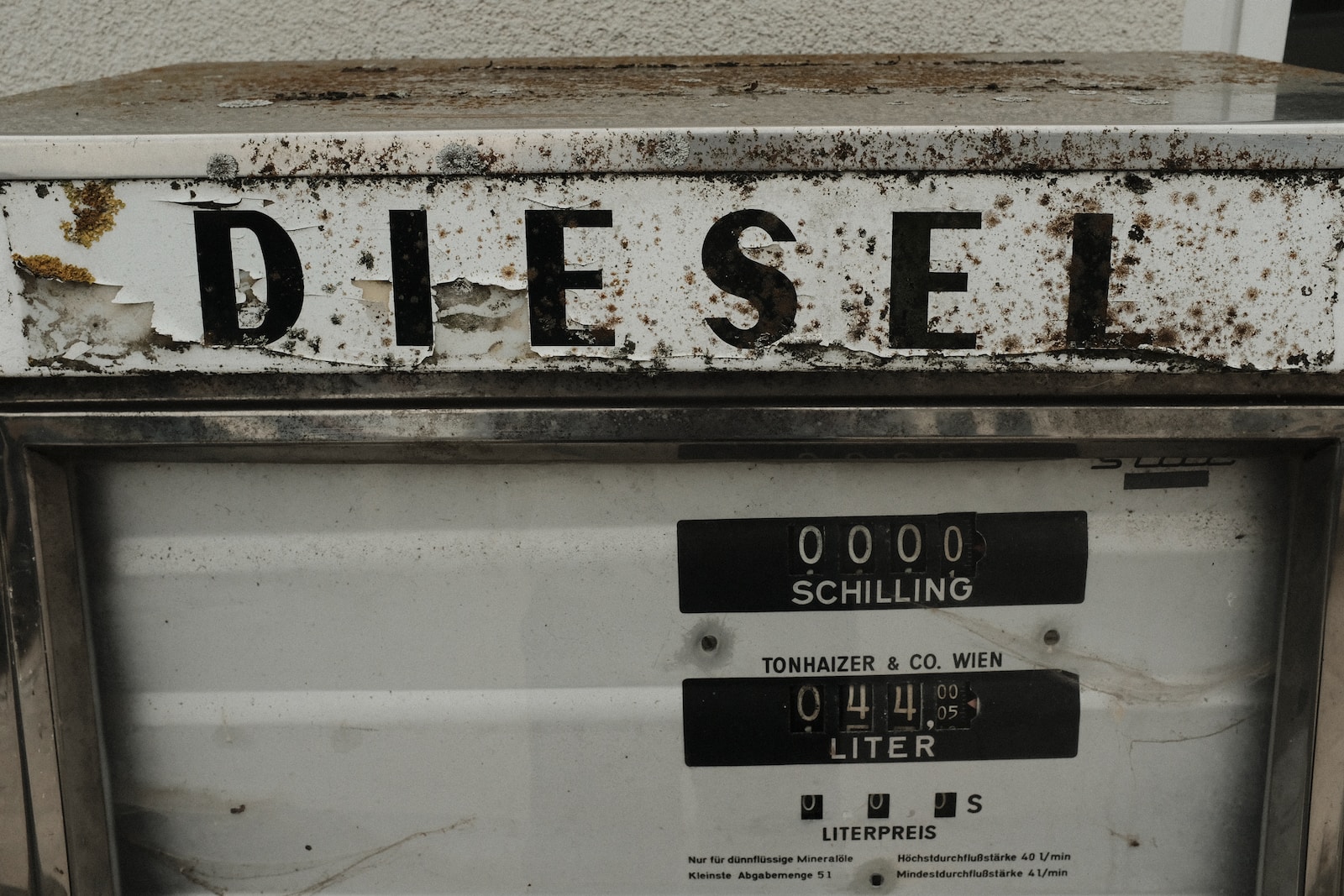Diesel engines have come a long way since Rudolf Diesel’s first successful prototype cranked to life in the late 19th century. Once primarily the grunt workers of the automotive world, known for their longevity and torque, they’ve evolved into sophisticated machines that don their refinements with pride. They’ve earned themselves a spot in the modern gentleman’s garage, and this love affair with diesel is more than just about raw power; it’s about the allure of efficiency and reliability.
Advancements in diesel technology are not just winning over hearts but also, with the help of a NOx sensor replacement offer, keeping our air cleaner by monitoring and controlling exhaust emissions, combining muscle with an eco-conscious mindset that resonates well in both urban settings and open highways.
The modern diesel engine is more than just a workhorse; it’s a canvas of innovation, showcasing the latest advancements in engineering and design. New-age diesels are sleek, quiet and designed with an aesthetic appeal that rivals their gasoline counterparts.
The journey of diesel technology is a story of transformation, one where the engines are tailored not just for efficiency and power, but also for the discerning tastes of today’s consumers who demand elegance alongside environmental stewardship and raw performance.
Keeping It Clean: The Role of Diesel Particulate Filters and Emissions Control
In our quest for cleaner skies, the diesel particulate filter (DPF) has become a vital piece of the complex puzzle that is a diesel vehicle’s emission control system. Tasked with trapping soot and ash particles, the DPF stands guard to ensure these pollutants don’t find their way into the atmosphere. It’s not just about sticking to regulations; it’s about taking responsibility for our environmental impact.
Just like fine-tuning a watch or shining a pair of leather shoes, regular maintenance of a DPF is a ritual that speaks to a driver’s dedication to both their vehicle’s health and to broader sustainability practices. It’s about nurturing the beast under the hood, ensuring it breathes clean and stays at the top of its game.
The evolution of the diesel particulate filter stands as a testament to the industry’s commitment to environmental care. The latest developments have made these components more effective and easier to manage than ever before. These advances are complemented by increasingly sophisticated onboard diagnostic systems that alert drivers to potential issues before they become serious, ensuring that the DPF continues to operate at peak efficiency and keep emissions to a minimum.
In the Details: The Significance of a Functional NOx Sensor
The NOx sensor is an unsung hero in the narrative of diesel technology – a watchful guardian monitoring and managing nitrogen oxide levels to keep emissions in check. A core component of the modern diesel engine’s ecosystem, it plays a pivotal role in ensuring the vehicle doesn’t overstep the stringent boundaries set for pollution.
Staying vigilant about emissions isn’t just for manufacturers; it’s a driver’s game too. The right nox sensor replacement offer can be a beacon call for those dedicated to peak vehicle performance and adherence to environmental standards. Like a trusted co-pilot, a well-functioning NOx sensor ensures a smooth journey, marrying power and responsibility effortlessly.
As our understanding of vehicle emissions grows, so too does the complexity and capability of the technology designed to control them. Modern diesel engines are equipped with advanced NOx sensors that provide real-time data, enabling precise adjustments to the air-fuel mixture and ensuring that emissions remain low. This proactive approach not only helps maintain environmental standards but also contributes to the engine’s performance, optimizing fuel economy and extending the lifespan of the engine.
Power, Style and Sustainability: The Future of Diesel in the Modern World
There was a time when owning a diesel engine came with certain preconceptions; they were loud, smelly and hardly the epitome of cutting-edge. Fast forward to today, and the symphony of style, efficiency and sustainability changes the narrative.
Today’s diesel engines not only pack a powerful punch but do so with a clean, sophisticated veneer. Technological innovations continuously refine these engines to offer a blend of unparalleled torque and reduced emissions that make the heart race and the eco-conscious mind rest easy. As we gaze into the horizon, the modern diesel engine stands as a testament to what’s possible – a future where performance, elegance and a healthier environment drive side by side.
In the gallop towards a greener future, diesel technology stands at the forefront, promising a ride that dazzles with efficiency and low emissions. As the development of alternative fuels and hybrid systems continues, the venerable diesel engine is not being left behind. Instead, it’s being reimagined and integrated into emerging systems, highlighting its adaptability and enduring value. The future is not just about abandoning what we know, but about evolving it to meet new challenges and exceed expectations.


